Tag: Canada


A new Vancouver development shows what’s possible when housing is deregulated
January 12, 2024 | Post
Sen̓áḵw is a $3-billion, 11-tower real estate development in Vancouver, set to be built on Squamish Nation reserve land. The project, named after the ancestral territory the Squamish people were removed from in 1913, is a sustainable village developed in partnership with Westbank.
The example set by the Sen̓áḵw development project shows us what we could have in other places too, if only the state — and the NIMBYs whose interests they serve — would step aside and let progress unfold.
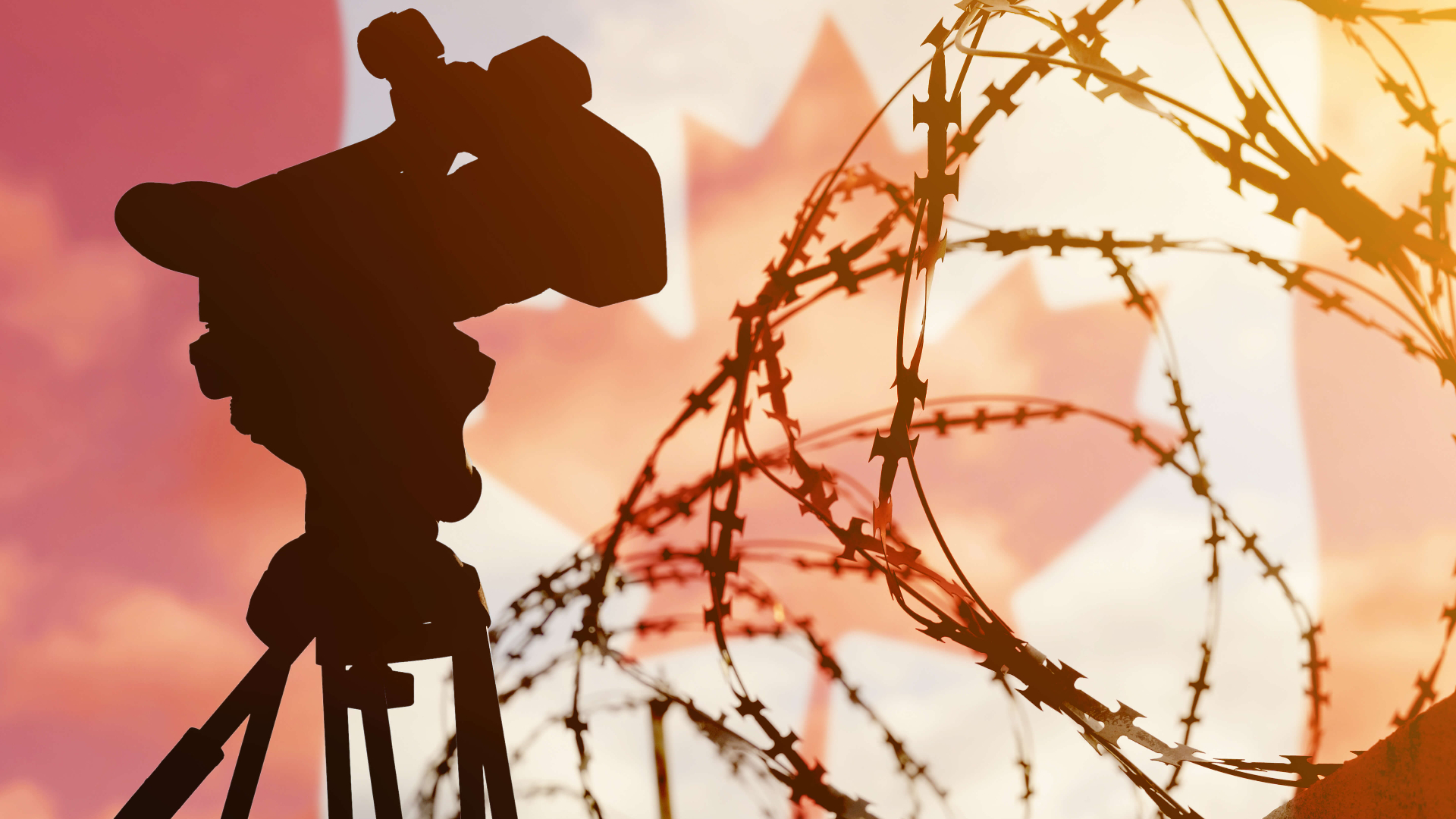
Bill C-11: how Canada’s algorithm power play stifles free speech online
September 26, 2023 | Post
For the Canadian Government, Bill C-11 heralds a fresh avenue for regulation and control. It is a mechanism for both reprimanding adversaries and rewarding lobbyists. Naturally, this government dominance over media comes at the cost of freedom and diversity of content online. Here’s what’s at stake…
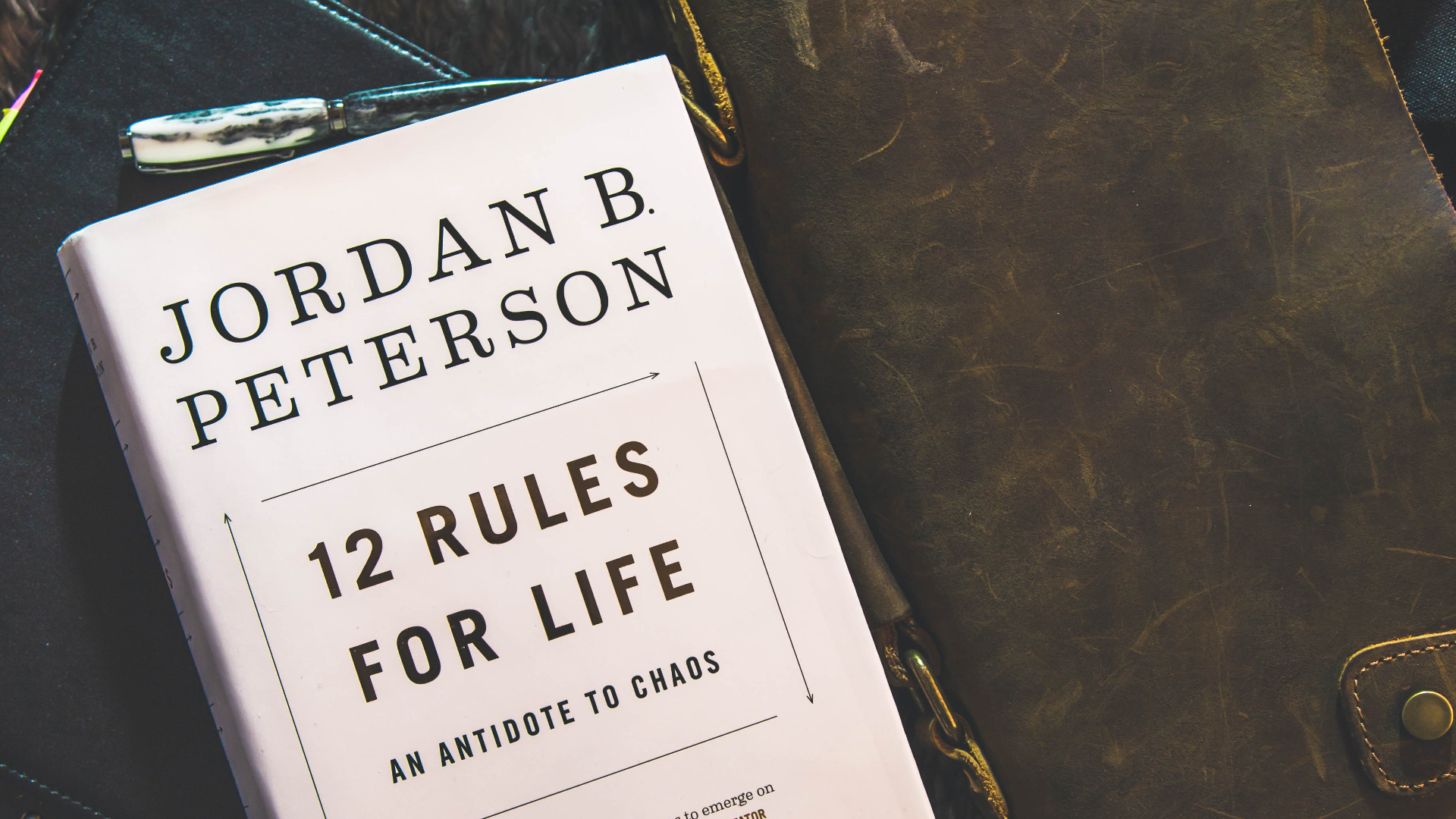
What Jordan Peterson’s failed court appeal says about freedom of expression in Canada
August 31, 2023 | Post
In a recent legal development that has ignited debates about the intersection of freedom of expression and professional obligations, former University of Toronto professor Jordan Peterson’s court appeal has been denied. What does this development tell us about freedom of expression in Canada?
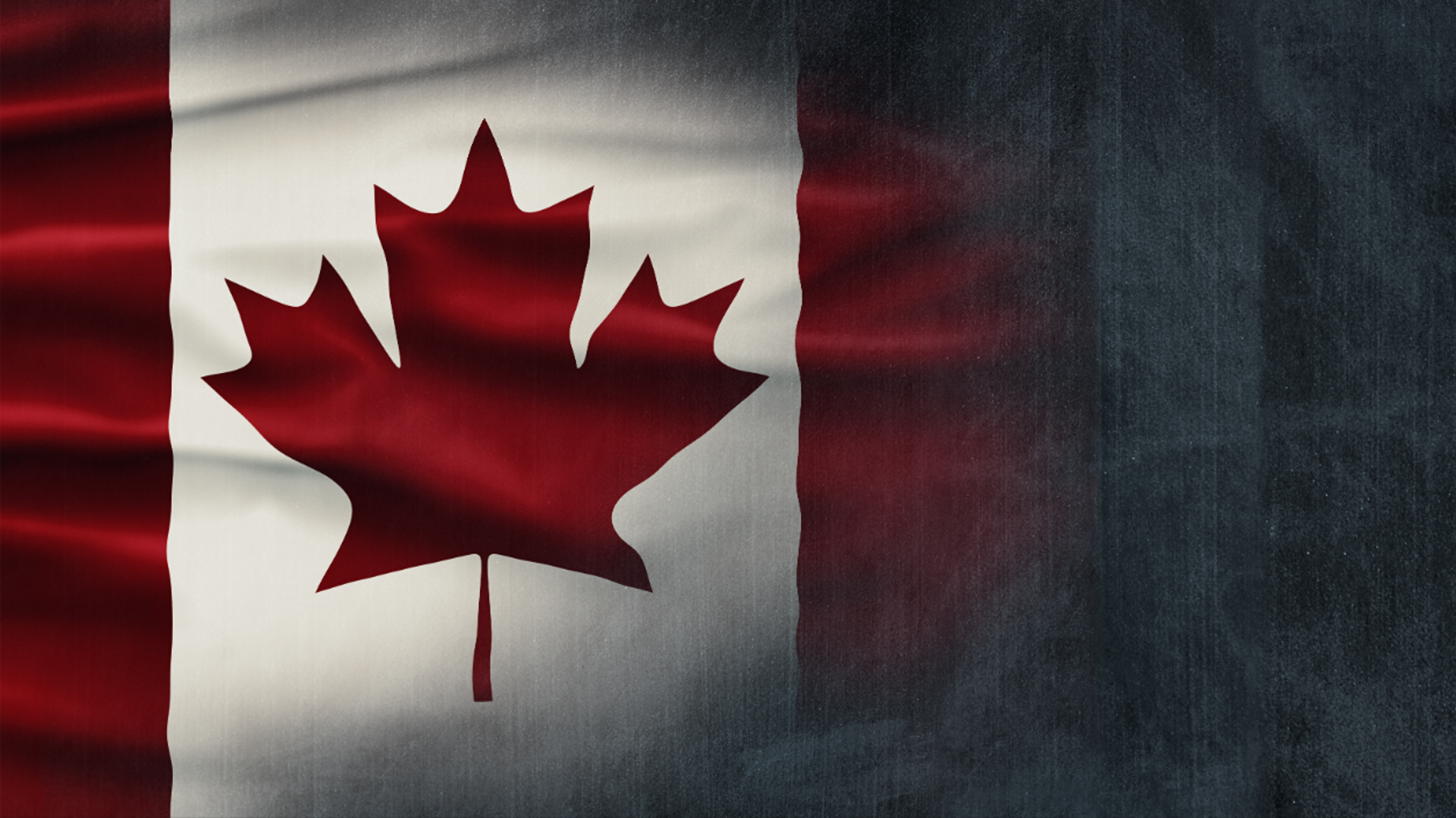
Bill C-18: social media no longer a home for news in Canada
August 3, 2023 | Post
Under the guise of supporting local news outlets in Canada, Bill C-18 aims to censor all news outlets on social media platforms unless their companies offer compensation to Canadian news outlets for the news they provide.
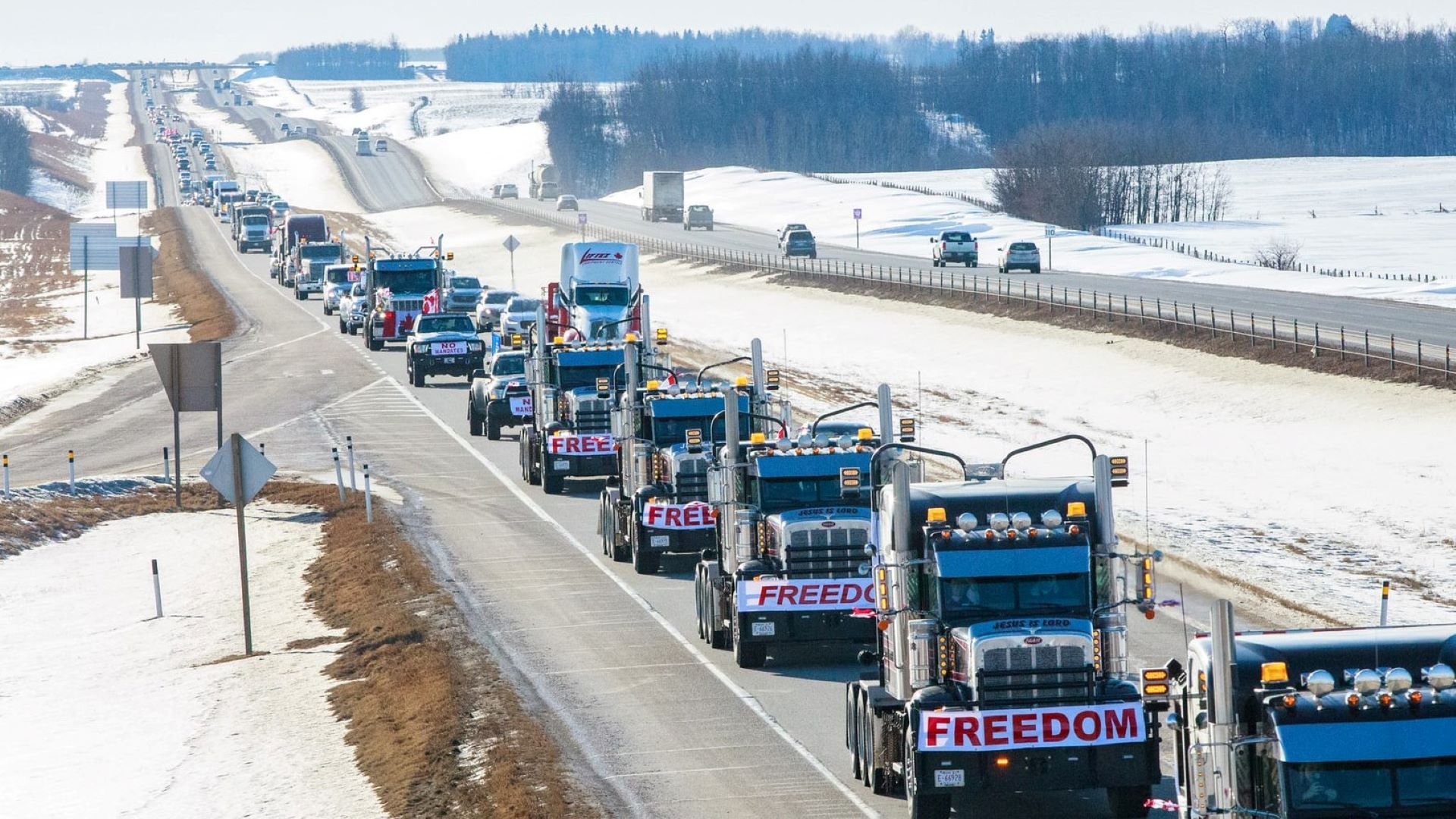
Freedom Convoy: Justin Trudeau chooses repression over removing mandates
February 19, 2022 | Post
In response to the Freedom Convoy, Justin Tudeau’s government has invoked new powers with extremely serious implications.

Why a Canadian city tore down the staircase its residents had always wanted to build
August 29, 2017 | Post
Toronto city officials recently threatened a man with fines for building an unlicensed staircase in a local park.
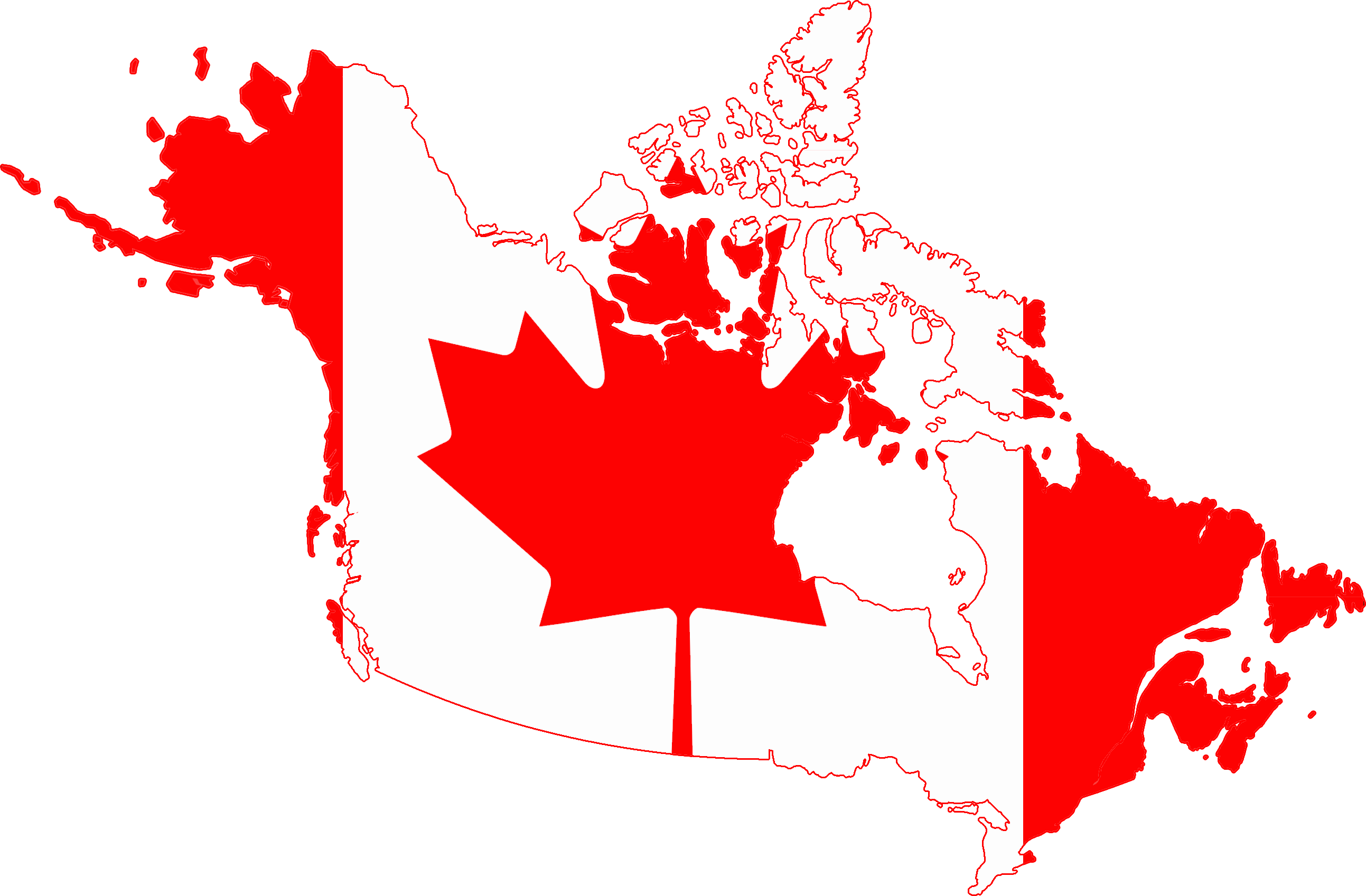
‘Loonie’ Canadians Elect Spendthrift Regime Despite Success with Cutting Spending
November 2, 2015 | Post
Last week, Canada elected a new Liberal Prime Minister, Justin Trudeau, who has vowed to massively boost public spending and run several years of deficits, arguing that the “infrastructure deficit” is bigger than the fiscal deficit. He claims that such stimulus spending will spur economic growth. But in the video below, economist Stephen Davies looks […]

